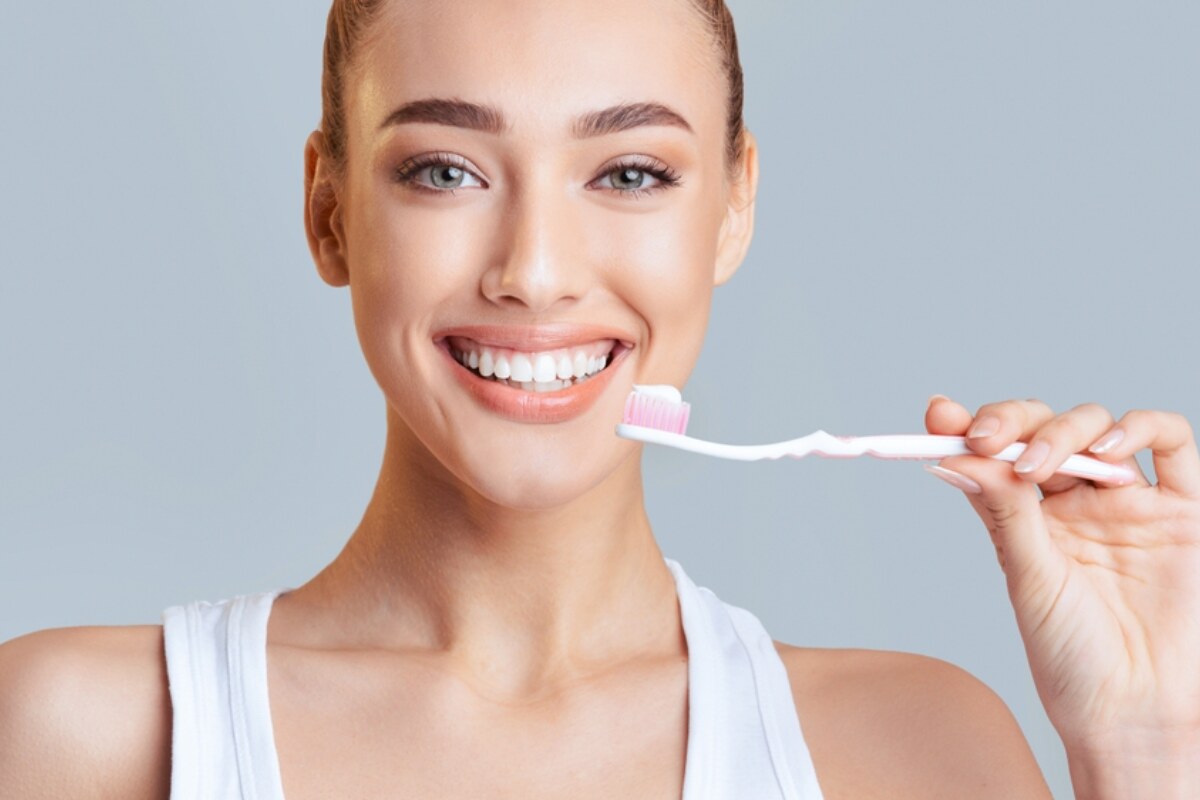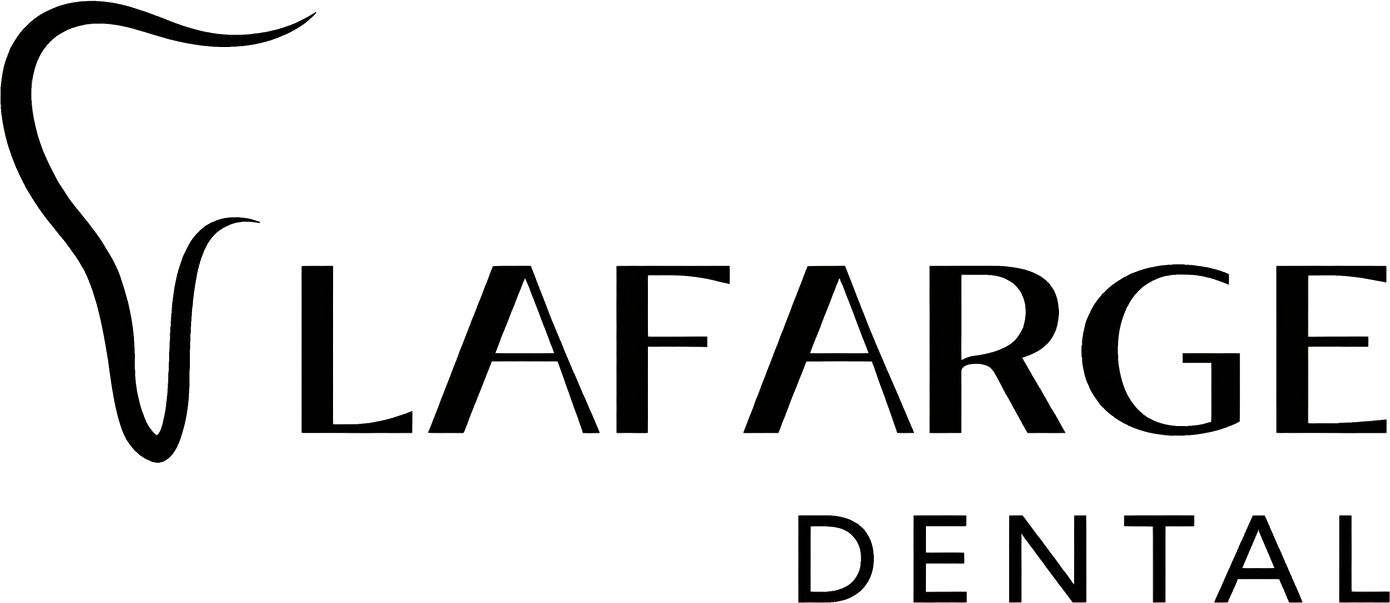
Brushing teeth is a vital part of having a healthy smile, but still in everyone’s mind is the question: morning or evening, which one is better? The answer is both. Each time of day is formatted for a specific reason in order to protect your gums and teeth from cavities, plaque, and gum disease. If you do need advice, a professional dentist in Coquitlam can help you customize your brushing routine in line with your own oral health requirements.
Here is the outline so that you will know precisely what your teeth require and when.
Why Morning Brushing Matters?
Brushing in the morning removes the bacteria that multiply overnight. While you sleep, your mouth produces less saliva, allowing bacteria to thrive. Morning breath? That’s the result.
Here’s why brushing in the morning is important:
- It removes plaque and bacteria buildup from overnight.
- It refreshes your breath and preps your mouth for the day.
- It protects your enamel against acids from breakfast.
If you’re asking, “should you brush your teeth at night or in the morning?” the answer is: do both! Skipping either can affect your oral health over time.
Should You Brush Before or After Breakfast?
One common question is whether you need to brush your teeth before or after breakfast. The answer? Brush before breakfast.
Brushing before breakfast removes overnight bacteria and protects your teeth from acidic foods. Brushing right after eating, especially if you’ve had something acidic like orange juice or coffee can actually wear down your enamel.
Here are some oral hygiene tips for brushing schedule:
- Before breakfast: Helps protect enamel and remove bacteria.
- After acidic meals: Wait at least 30 minutes before brushing.
- Use fluoride toothpaste to help strengthen enamel.
Why Night Brushing Is Non-Negotiable?
Brushing your teeth at night is even more critical than in the morning. While you sleep, your mouth dries out and bacteria multiply without interruption. Going to bed without brushing leaves your teeth vulnerable to decay.
Here’s what brushing at night does:
- Removes food particles and sugar left from the day
- Stops bacteria from turning sugars into cavity-causing acids
- Keeps gums healthy and reduces the risk of gingivitis
So if you’re still wondering whether you should brush your teeth at night or morning, remember, night brushing is a must.
What is the Best Time to Brush Teeth?
If you’re trying to choose the best time to brush your teeth, here’s a point-by-point breakdown to help:
Morning Brushing:
- Removes overnight bacteria and plaque
- Freshens breath
- Prepares teeth for the day
- Best to brush before breakfast
Night Brushing:
- Clears away food, sugar, and plaque buildup from the day
- Prevents overnight acid attacks and decay
- Crucial for protecting gums and enamel while you sleep
For most people, brushing twice a day, once in the morning and once at night, is ideal. If you’d like to brush more, wait 30 minutes after eating, especially after acidic foods or drinks.
Looking for Dental Care Advice in Coquitlam to Improve Your Brushing Routine?
Your daily brushing habits don’t have to be complicated. Consistency is key.
Try these brushing tips:
- Gentle bristles help clean your teeth without scratching the surface.
- Make sure to brush your teeth for at least two solid minutes.
- Don’t forget your tongue; bacteria live there too.
- Replace your toothbrush every 3 months.
A reliable brushing routine, paired with flossing and regular dental visits, keeps your mouth in top shape.
Want Healthier Teeth? Start With the Right Timing!
Brushing your teeth at the right times each day can make a big difference in your long-term oral health. For professional care and personal advice tailored to your smile, book your next checkup with Lafarge Dental. We’re here to help you keep your teeth clean, strong, and cavity-free, morning or night!
FAQs
What happens if I skip brushing at night?
Skipping night brushing allows plaque and food particles to sit on your teeth for hours, increasing the risk of cavities and gum disease.
Is it okay to brush just once a day?
It’s better than not brushing at all, but twice a day is ideal to remove bacteria and plaque buildup consistently.
Should I floss before or after brushing?
Flossing before brushing can help remove debris, letting the fluoride from toothpaste reach between your teeth more effectively.
What’s the best toothbrush type?
Use a soft-bristled manual or electric toothbrush. It’s gentle on enamel but tough on plaque.
Can I use mouthwash instead of brushing?
Mouthwash is a great add-on, but it should never replace brushing. It doesn’t remove plaque or food particles like brushing does.
